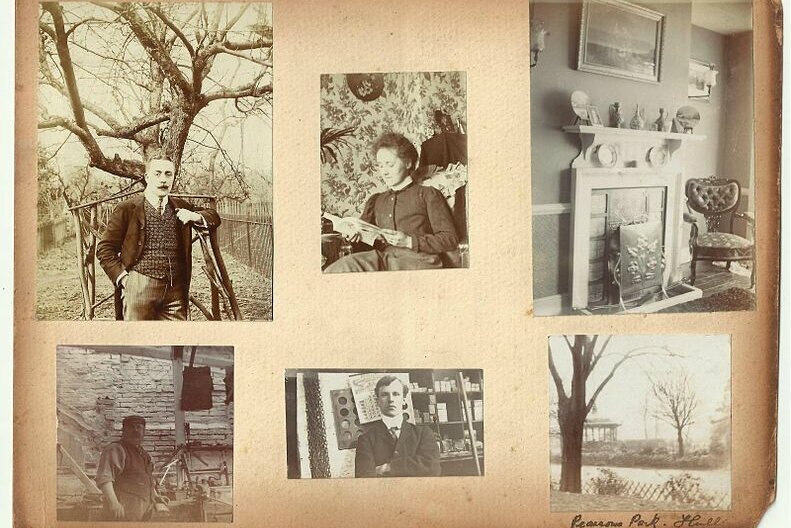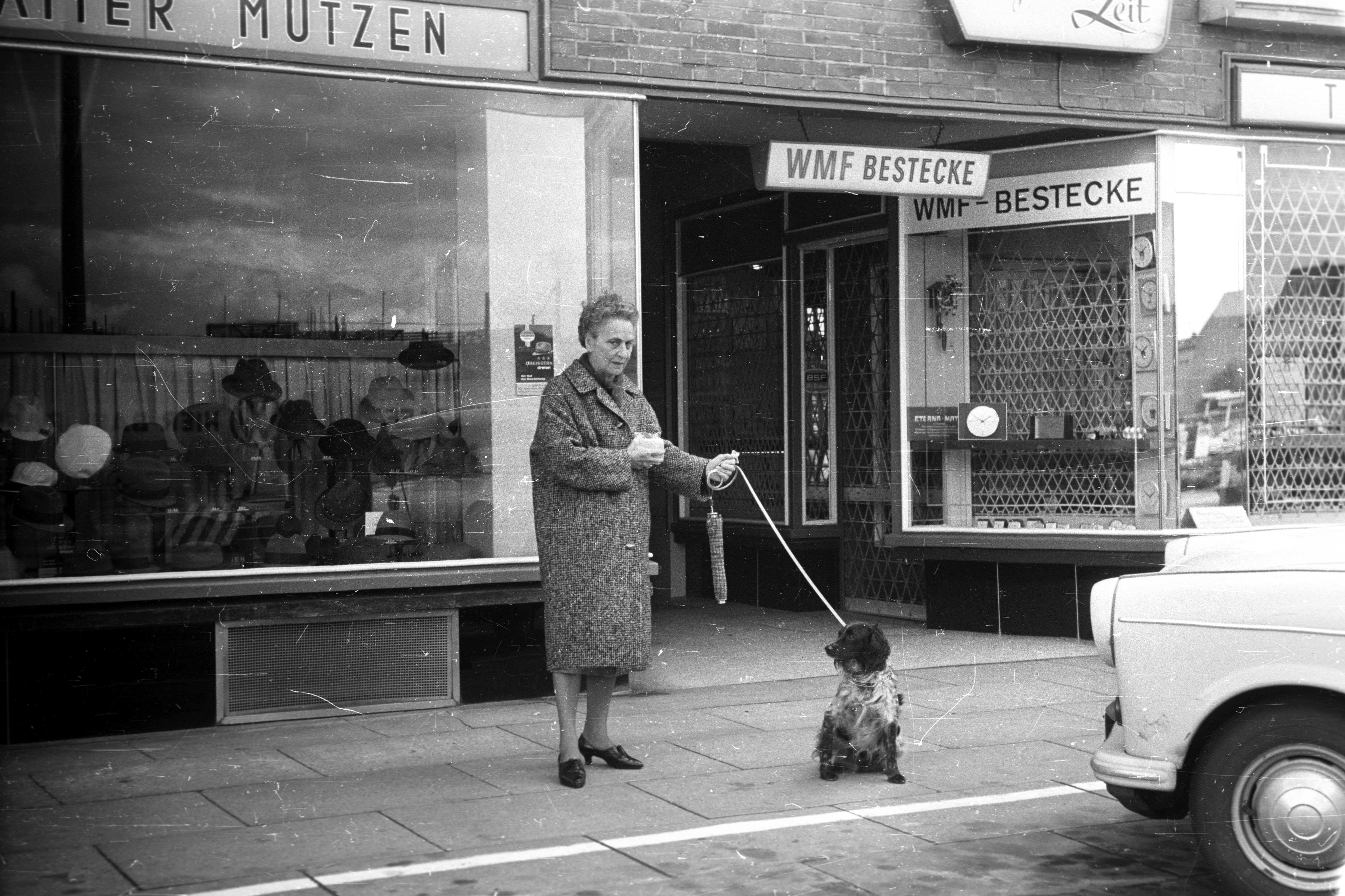 European Perspectives
European Perspectives
Research Area
Projects in this research area focus on European-British relationships or comparisons, with Europe in the foreground. They also investigate, or aim to enable, the travel of ideas and methods between Britain, Germany and Europe.
Marcus Meer
Money, History, and Moral Economies
Communicative Functions of Monetary Information in the Institutional Historiography of the Later Middle Ages (1250–1530)

This project analyses monetary information in chronicles of cities, monasteries (both men’s and women’s), and courts across north-western Europe as a versatile communicative tool that shaped economic thought and practice, and that was placed in the service of institutional strategies of remembering the past for the needs of the (medieval) present and expressing aspirations around the future of medieval society.
Clemens Villinger
The Average Self
A Comparative History of Normality in the 20th Century

What is considered 'normal' and why? How are notions of normality communicated, reproduced and negotiated? What are the differences between academic and individual understandings of normality? In my project I examine how social scientists, historians and those being researched in Germany and Britain produced knowledge about normality in the 20th century.
Christina von Hodenberg
Ageing and 'Doing Gender' in the Era of Value Change

To what extent did old people, especially ageing women, play an active part in the processes of value change that transformed West Germany and Britain from the 1960s to the 1980s? Contemporary historians have often pointed to student protests and generational conflict between fathers and sons to explain cultural change. In contrast, this project explores the gendered subtext of value conflicts and the agency of women and the elderly.
Christina von Hodenberg
Writing Contemporary History with Social Data: Plans for a Digital Infrastructure

Historians working on the second half of the 20th century are confronted with new types of sources: so-called social data. These are the remains of state-sponsored data collection or social science research projects, and include tax data, polls, psychological interviews, and participant observations. Such data can appear in obsolete formats such as punchcards or magnetic tapes, and may be found in retired researchers’ attics rather than in archives. The GHIL has teamed up with external partners to tackle the challenges tied to the re-use of social data by historians.
Past and completed Projects
- Euroscepticism in history (William King and David Lawton)
- Nomadism as a Discursive Figure of (Post)Modernity (Sina Steglich)
- "Conservatism Lost – Conservatism Regained": Political Languages of Conservatism in the United Kingdom and the Federal Republic of Germany in the 1960s and 1970s (Martina Steber)
- The Semantics of Social Justice: Britain and West Germany since 1945 (Felix Römer)
- History of Child Adoption in Europe (Benedikt Stuchtey, now at Philipps Universität Marburg)